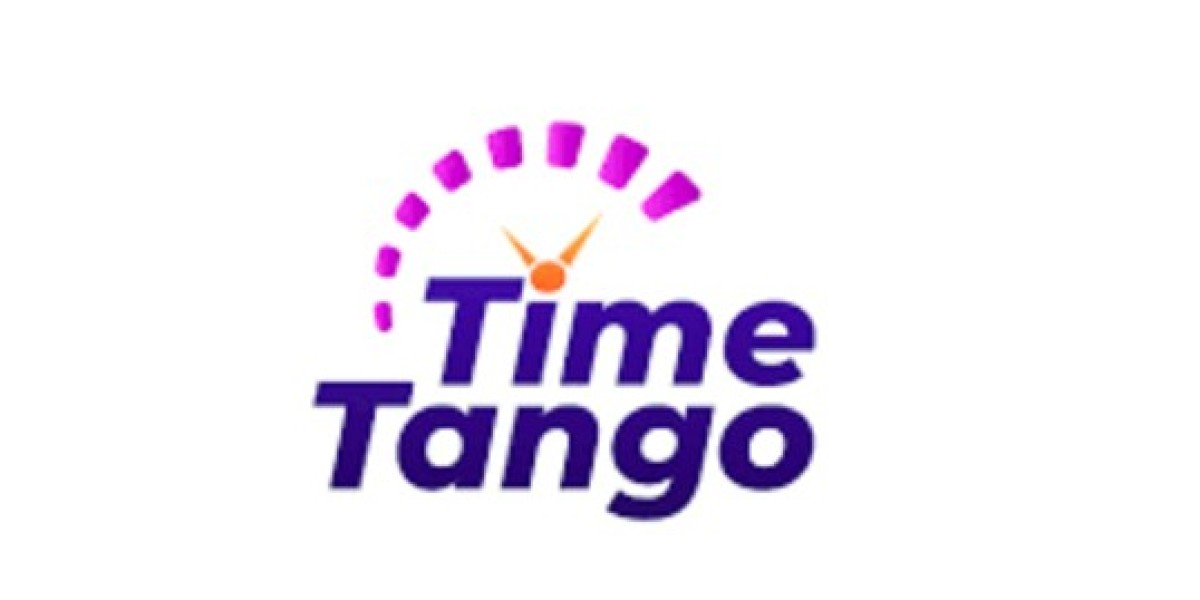The residential real estate market reached an estimated value of USD 9.97 trillion in 2023 and is expected to grow at a compound annual growth rate (CAGR) of 5.8% from 2025 to 2034. This growth trajectory will bring the market size to nearly USD 16.8 trillion by 2032. The residential real estate sector plays a significant role in the global economy, driven by factors like increasing urbanisation, evolving consumer preferences, and regional market dynamics.
Residential Real Estate Market Outlook
The residential real estate market is expected to experience robust growth over the coming decade. The market's outlook is shaped by various global and regional factors, including the rise in disposable incomes, urban development, and improved mortgage accessibility.
Urbanisation and Demographic Shifts: With an increasing number of people moving into cities for better job opportunities and living conditions, the demand for residential properties is steadily rising, particularly in metropolitan areas.
Technological Innovations: The integration of technologies such as smart homes and energy-efficient buildings is transforming the way homes are bought, sold, and experienced. These innovations will likely fuel market growth by offering new features that cater to modern lifestyle preferences.
Government Policies: Governments worldwide are implementing policies to make homeownership more accessible. Incentives such as tax rebates, subsidies, and low-interest rates are helping buyers navigate the real estate landscape.
Post-Pandemic Recovery: Following the pandemic's disruption, the global housing market is experiencing recovery with a surge in home buying activities. People are focusing more on lifestyle changes, such as working from home, which has driven interest in larger homes and suburban properties.
Residential Real Estate Market Share & Trends
Key Regional Markets
North America: North America continues to lead the global residential real estate market, with the United States and Canada driving the demand. The region's established infrastructure, coupled with the increasing interest in suburban and rural areas, contributes to this dominance.
Asia Pacific: The Asia Pacific region is experiencing the fastest growth in the residential real estate sector, especially in emerging economies like China, India, and Vietnam. Urbanisation, rising income levels, and a young, tech-savvy population are some of the primary drivers of growth in this region.
Europe: Europe presents a diverse market, with countries such as Germany, France, and the United Kingdom leading the demand. There is a strong focus on sustainability and energy-efficient homes, which is influencing property trends.
Middle East and Africa: This region is seeing substantial growth due to investments in major infrastructure projects and an increasing expatriate population. Countries like the UAE and Saudi Arabia are key contributors to the regional growth.
Market Trends
Rise of Smart Homes: Consumers are increasingly looking for homes equipped with technology, including automation systems, security features, and energy-efficient appliances. Smart homes are becoming a key selling point for new residential properties.
Sustainability: Eco-friendly homes are gaining traction as both buyers and investors prioritise environmental responsibility. Sustainable building materials, energy-efficient designs, and green certifications are becoming important factors in property value.
Suburban Movement: The COVID-19 pandemic has had a lasting effect on how people view residential living. With remote work becoming more common, many people are opting for suburban homes with more space, in contrast to high-density city living.
Luxury and High-End Properties: Luxury real estate continues to thrive, particularly in affluent areas. There is a growing preference for high-end properties with premium amenities and exclusive locations.
Get a Free Sample Report with Table of Contents: https://www.expertmarketresearch.com/reports/residential-real-estate-market/requestsample
Residential Real Estate Market Opportunities and Challenges
Opportunities
Investment Potential: The residential real estate market remains a strong investment avenue, offering promising returns, especially in rapidly developing regions like the Asia Pacific and parts of the Middle East.
Urbanisation and Infrastructure Development: As cities grow, the demand for new housing increases. Opportunities exist in developing smart cities, eco-friendly residential complexes, and mixed-use developments that combine living, working, and recreational spaces.
Government Initiatives: Various government schemes, such as affordable housing programs, homebuyer incentives, and low-interest rates, present opportunities for developers and investors. These policies are designed to make homeownership accessible to a larger population.
Increasing Affluence: Rising disposable incomes, particularly in emerging economies, are creating more opportunities for real estate development in both luxury and mid-range residential properties.
Challenges
Rising Construction Costs: The cost of construction materials and labour is rising due to inflation, supply chain disruptions, and geopolitical tensions. This affects the profitability of real estate developers, especially in emerging markets.
Interest Rate Fluctuations: While low interest rates have driven demand in many regions, fluctuations can have the opposite effect, making it more expensive for consumers to obtain mortgages and reducing demand.
Regulatory Hurdles: Government regulations surrounding land acquisition, property taxes, and zoning laws can slow down the development of new residential projects and limit market growth.
Affordability Crisis: In many urban areas, particularly in developed countries, housing affordability remains a critical issue. This affects both buyers and renters, limiting the overall potential for growth in these markets.
Competitor Analysis
The residential real estate market is highly competitive, with numerous large and mid-sized players competing for market share. Key players in the industry include:
Engel & Volkers GmbH: A premium international real estate agency specialising in residential, commercial, and yacht brokerage services across key global markets.
Sun Hung Kai Properties Limited: One of Hong Kong’s largest property developers, known for luxury residential, commercial, and retail developments across Asia.
Coldwell Banker Real Estate LLC: A well-established global real estate franchise offering residential and commercial services with a strong network across North America and beyond.
Keller Williams Realty, Inc.: A leading real estate franchise based in the United States, known for its extensive network of agents and focus on residential property sales.
Others: Numerous regional and international real estate firms contribute to market competition, including specialised players in luxury, affordable housing, and commercial real estate.
https://www.expertmarketresearch.com/reports/indian-dairy-market
https://www.expertmarketresearch.com/reports/helium-market
Company Name: Claight Corporation
Contact Person: James Jon, Business Consultant
Email: sales@expertmarketresearch.com
Toll Free Number: US +1-415-325-5166 | UK +44-702-402-5790
Address: 30 North Gould Street, Sheridan, WY 82801, USA
Website: www.expertmarketresearch.com









